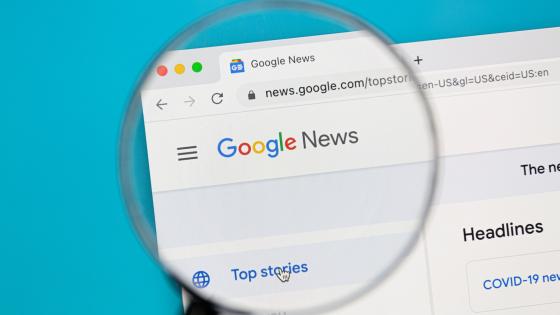In the face of a barrage of mis/disinformation online, plummeting trust in media and government, and the growth of news deserts around the world, governments, philanthropists and journalists are trying to find ways to fund journalism.
In 2021, Australia broke new ground by using competition law to push Google and Facebook to pay news publishers for the use of news content consumed on their platforms (Wildling 2021). Since then, the notion that large tech firms should pay for news content consumed on their platforms has spread, with Canada passing a similar law (Bill C-18) in 2023 and South Africa recently opening an investigation into whether Google and Facebook have violated competition laws through their use of news content (Dludla 2023). Indonesia, Japan, New Zealand and Switzerland are also considering introducing laws similar to those passed in Australia and Canada. In Brazil, attempts to introduce similar legislation were scuppered in May 2023 (Campos Mello 2022), but are currently being revived. In the US, the Journalism Competition and Preservation Act, which would allow news publishers to collectively bargaining with big tech companies, was introduced in March 2023 by Democratic Minnesota Senator Amy Klobuchar. On 1 June, the California State Assembly passed the California Journalism Preservation Act. This bill would require large tech companies to share their advertising revenue with news outlets. However, the bill has been put on hold until 2024.
Across jurisdictions, large tech firms are pushing hard to ensure that these proposed changes do not succeed. Google and Meta have downplayed the importance of news to their platforms, saying that news content generates little value to their users, and that it would be dropped from their platforms if the tech companies were forced to pay for it. In response to this push for new legislation, Google has begun making direct payments to publishers, discouraging the publishers from supporting platform remuneration laws. Though these payments have been quite small, they represent Google’s attempt to dissuade publishers from supporting the policy changes currently under consideration.
Our new research calculates what Meta and Google would owe US publishers under a fair payment for the use of their content, and we provide the methodology for calculating these payments so that others can replicate our work. We (conservatively) estimate that Facebook should provide an annual compensation of US$1.9 billion to US publishers. We also estimate (conservatively) that Google should provide an annual compensation of $10–12 billion to US news publishers. In total, we estimate that the tech platforms owe $11.9–13.9 billion to US news publishers annually.
Before summarising the methodology behind our analysis, we first review the facts. Google and Meta’s advertising revenues have soared while those of traditional media, which are required to fund quality news and investigative journalism, has declined. This is no accident – an increasingly large fraction of individuals get their news through social media, and with these eyeballs has come enormous advertising revenue for tech companies. Google and Facebook cite this fact to argue that newspapers should be thankful for the traffic that big tech platforms direct to news publishers’ content.
Our research is based on the theory of ‘economic complementarities’. Large digital platforms and news content creators provide what economists refer to as ‘complementary services’, meaning that they create more economic value when used together, rather than when they are used separately. For the digital platforms, news media provide a source of high-quality content to keep their users engaged and coming back to the platforms. Likewise, for news publishers, the platforms provide popular, easy-to-use channels through which to distribute news content to a larger audience.
Starting with these observations, we first calculate the total economic value that is created by news publishers and platforms working together. We then estimate the percent of that value that accrues to each group. Our analysis showed that the platforms currently retain the overwhelming share of the jointly created value, with news publishers only receiving a small fraction. This conclusion is unsurprising, given the platforms’ domination of US digital advertising markets.
In order to understand what a ‘fair’ split of the jointly created value, we turn to both economic theory and to licensing agreements between parties in which there was not a disparity in the bargaining power of the negotiating parties. Using these reference points, we find a multi-billion dollar annual shortfall in the payments that are owed to news publishers, relative to a fair level of remuneration. We note that these calculations do not compensate news publishers for the considerable benefits that their work does for both consumers’ enjoyment and for society at large.
References
Campos Mello, P (2022), “An unholy coalition torpedoes social media reform legislation in Brazil,” Poynter, 17 May.
Dludla, N (2023), “South Africa to probe Meta, Google competition with news publishers,” Reuters, 17 October.
Wildling, D (2021), “Regulating News and Disinformation on Digital Platforms: Self-Regulation or Prevarication?”, Journal of Telecommunications & the Digital Economy 9(2): 11-46.







